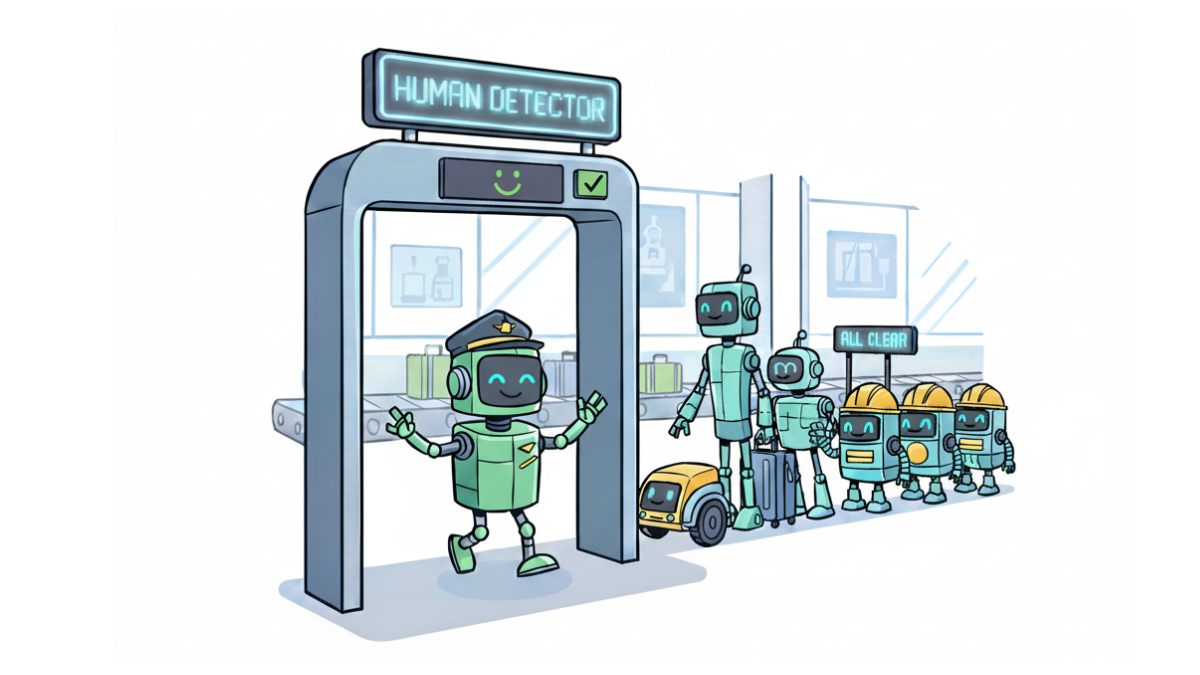Marketers and publishers could soon face a new blind spot in their analytics, as OpenAI’s new browser makes it impossible to tell human and AI visits apart.
ChatGPT Atlas, launched by OpenAI last week, is a web browser available for subscribers to download on macOS. It looks very similar to other browsers but includes a chatbot that users can talk to whilst using the web. The AI can read, summarise and even navigate websites on the user’s behalf.
While the browser has been praised for the convenience of having an AI assistant baked into the experience, concerns have been raised that it may distort web analytics.
The browser is built on Google Chrome and therefore the user agent string — the code that tells sites what browsers visitors are using — also shows up as Chrome. That means that it is impossible for web analytics to tell which of the two browsers a site visitor is using.
In casual use that’s a nuisance. But the real headache comes from the AI component. If a user tasks ChatGPT with anything that requires web browsing, the analytics will show that as coming from a Chrome user. In theory, the AI could even click on paid ads, generating impressions never seen by a human
Most platforms ban bot traffic — or at least try to. Earlier in the year an Adalytics report highlighted the issue with verification vendors like IAS, DoubleVerify or Human Security. The 240-page report found that ads from thousands of brands were being shown to bots, despite firms paying extra for services that promised to block this.
But even when they work, current detection systems were only built to spot conventional bots, not AI browsers that mimic human behaviour. Tools like ChatGPT Atlas send traffic through standard Chrome identifiers and simulate natural scrolling or clicking, leaving analytics and ad metrics increasingly blurred.
Manick Bhan, founder of software company Search Atlas, believes this will soon force platforms to develop new standards for distinguishing human traffic from bots.
‘The next frontier in digital marketing isn’t just automation, it’s traffic verification’, he said.
Atlas has also been criticised for its weak privacy protection, with AI browser agents being especially vulnerable to ‘prompt injection attacks’ — when malicious instructions are hidden on a web page. Agents analysing a web page can be tricked into executing commands. Research from cybersecurity firm Layer X found that the Atlas browser is up 90% more exposed to phishing attacks than Chrome and Edge.
For now, Atlas is a relatively niche tool. But if AI browsers take off, the industry may face a new round of fights over measurement, fraud and what counts as real engagement.
Main image created with Google Gemini

